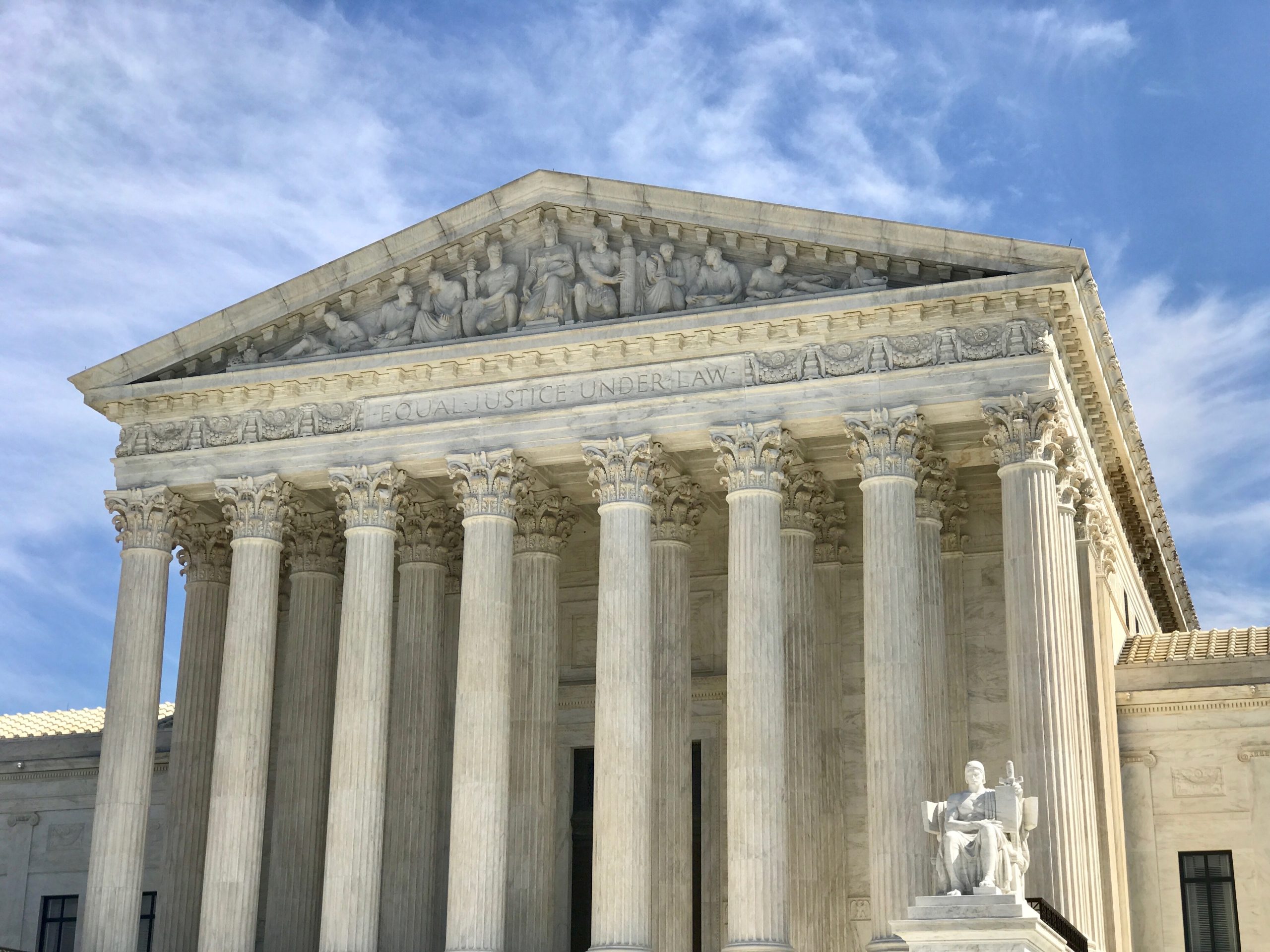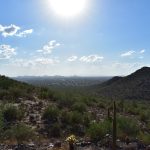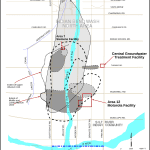- The U.S. opposes Utah’s bid to reclaim 18.5 million acres.
- Utah challenges federal retention of “unappropriated” lands.
- The U.S. cites constitutional authority to retain public lands.
- Ute Indian Tribe opposes Utah’s motion, fearing sovereignty loss.
- Legal battle could redefine federal-state land ownership.
- Supreme Court’s decision may impact national land policies.
November 27, 2024 — Utah’s legal challenge to federal land ownership is moving through the Supreme Court. On November 21, the United States government and the Ute Indian Tribe of the Uintah and Ouray Reservation filed briefs opposing Utah’s lawsuit, which questions the constitutionality of federal control over approximately 18.5 million acres of land within the state. This case not only pits state against federal authority but also raises profound implications for tribal sovereignty and national land management policies.
Utah’s Complaint.
In August, Utah sued the federal government, arguing that the continued federal ownership of “unappropriated” lands violates constitutional limits and infringes upon state sovereignty. The lawsuit, assigned document number 22O160, specifically targets lands managed by the Bureau of Land Management (BLM). Utah contends that the federal policy of perpetual land retention, as outlined in 43 U.S.C. § 1701(a)(1), is unconstitutional.
Utah’s complaint seeks a judicial declaration forcing the federal government to dispose of these lands, effectively transferring ownership to the state. The state argues that such a move is necessary to uphold the balance of power envisioned by the Constitution and to allow for more localized management of natural resources.
Federal Government’s Response.
Represented by Solicitor General Elizabeth B. Prelogar, the United States submitted a comprehensive brief urging the Supreme Court to deny Utah’s motion for leave to file a bill of complaint. The federal government argues that Utah’s claims lack jurisdictional merit and fail to meet procedural requirements.
Jurisdictional and Procedural Barriers.
The U.S. contends that the Supreme Court’s original jurisdiction is discretionary and typically reserved for disputes between states, not for cases like Utah’s that can be addressed in lower federal courts. The brief emphasizes that Utah’s delay in bringing the lawsuit—over a century after the land was acquired—renders the case untimely. “This delay has prejudiced the federal government,” the brief notes, highlighting how longstanding federal land management practices have been established over decades.
Constitutional Authority Under the Property Clause.
The federal government defends its retention of public lands under the Constitution’s Property Clause, which grants Congress the authority to manage federal property. The brief cites the Federal Land Policy and Management Act (FLPMA) of 1976, which explicitly states that public lands will remain under federal ownership unless disposal is deemed in the national interest.
Sovereign Immunity and Legal Precedents.
The United States asserts its sovereign immunity, arguing that Utah cannot sue the federal government without its consent. The brief also references Supreme Court precedents, such as Light v. United States (1911), which upheld the government’s right to reserve public lands indefinitely. Allowing Utah’s claim, the government warns, could “upend established principles governing federal land management” and invite similar challenges from other states.
Ute Indian Tribe’s Opposition.
Adding another layer to the legal battle, the Ute Indian Tribe submitted an amicus brief opposing Utah’s motion. The Tribe argues that Utah’s lawsuit poses an existential threat to their land and sovereignty.
Overlap with Ongoing Litigation.
The Tribe points out that Utah’s complaint overlaps with Ute Indian Tribe v. United States, an ongoing case concerning 1.5 million acres of land on the Uncompahgre Reservation. These lands were designated as tribal trust lands under an 1880 Act of Congress. By seeking to extinguish federal title to these lands, Utah’s lawsuit directly conflicts with the Tribe’s claims.
Threat to Tribal Sovereignty.
The Ute Tribe accuses Utah of attempting to “eliminate the federal trust status” of tribal lands, which would subject them to state jurisdiction and taxation. “Utah’s interpretation would not only dispossess tribes of their lands but also dismantle their sovereignty,” the brief warns, highlighting a history of tension between the state and tribal governments.
Violation of Established Legal Decisions.
The Tribe emphasizes that Utah’s motion violates principles of res judicata, challenging final decisions by the Tenth Circuit that affirm the Tribe’s jurisdiction over its lands. The brief argues that the case is unsuitable for direct Supreme Court review due to its complexity and the significant legal and historical issues.
Broader Implications and Next Steps.
If the Supreme Court were to side with Utah, it could redefine the distribution of land ownership in the United States, affecting not just Utah but potentially setting a precedent for other states.
The federal government cautions against such an outcome, noting that it would “undermine the national framework for public lands.” Similarly, the Ute Tribe’s sovereignty and control over their ancestral lands hang in the balance.
As the Supreme Court considers whether to grant Utah’s motion, the stakes are undeniably high. The case challenges long-standing constitutional interpretations and could reshape the landscape of federal land policy. For now, both the federal government and the Ute Indian Tribe have made their positions clear: Utah’s lawsuit is not just procedurally flawed but poses significant risks to established legal principles and tribal sovereignty.
Whether the Court will hear Utah’s complaint remains to be seen, but the implications of their decision will undoubtedly resonate far beyond the state’s borders.





Leave a Reply